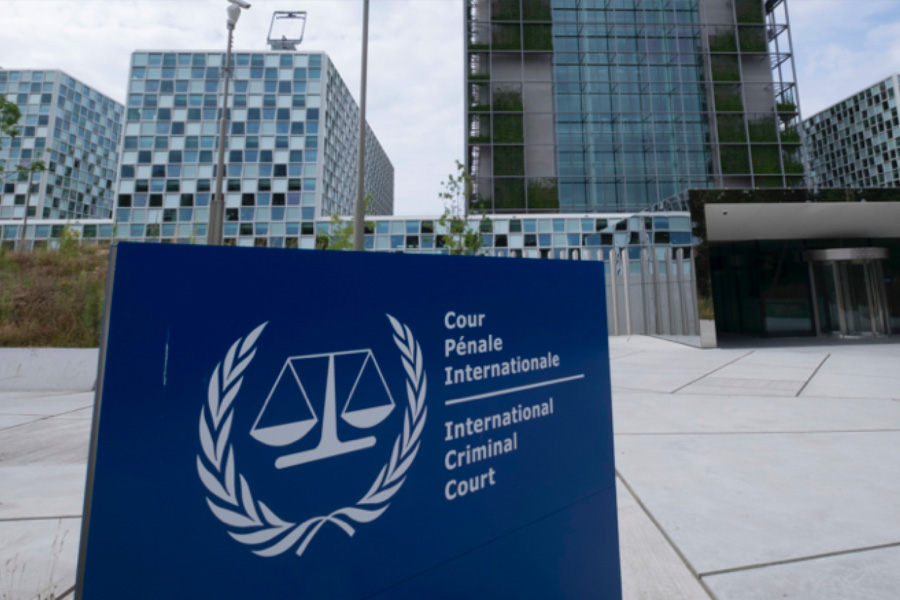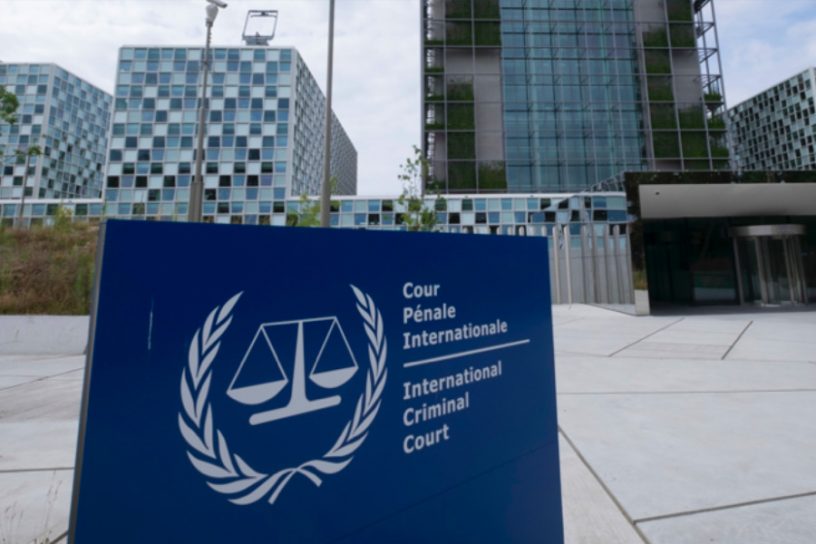
This paper traces the histories of International Criminal Law and analyse the Asian participation in its discourse while further exploring the reasons for the disinclination of the Asian nations to join the ICC.
Authors
Harsh Mahaseth, Assistant Professor at Jindal Global Law School, and a Senior Research Analyst at the Nehginpao Kipgen Center for Southeast Asian Studies, Jindal School of International Affairs, O.P. Jindal Global University, Sonipat, Haryana, India.
Ayushi Bansal, Associate at an Indian Law Firm.
Summary
Although Asia houses over 50 percent of world’s population, it is underrepresented in the ICC. This underrepresentation is due to rationales both legal and political in nature.
While the Asian nations do lack enthusiasm towards ratifying the Rome Statute, there could be tangible benefits to becoming a part of the ICC. This could help in the ongoing development of international law in Asia as well as greater recognition of human rights, international justice and accountability, thus, further emphasizing the importance of the rule of law in the continent.
The benefits of ratifying the Rome Statute outweigh any disadvantages, real or perceived, and thus, domestic steps need to be undertaken to lead to eventual ratification. This paper will trace the histories of International Criminal Law and analyse the Asian participation in its discourse while further exploring the reasons for the disinclination of the Asian nations to join the ICC.
Published in: International and Comparative Law Review
To read the full article, please click here.


